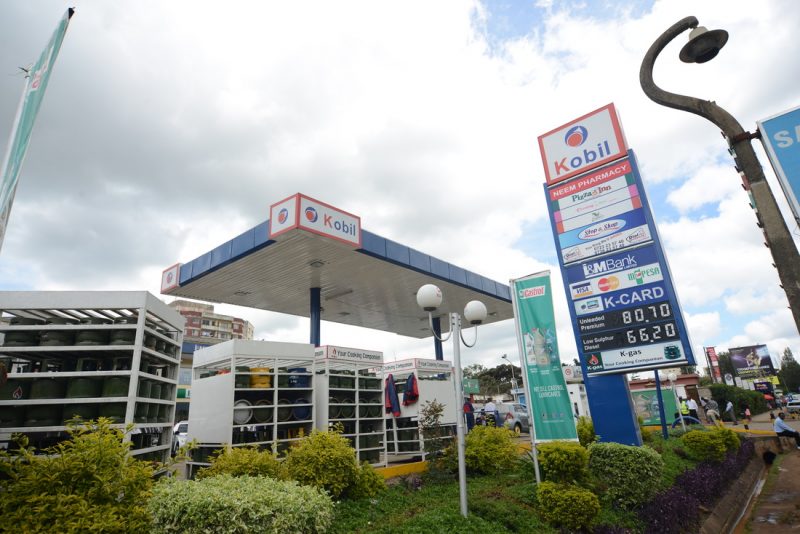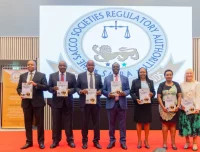Oil marketer KenolKobil, who were suspended from trading at the Nairobi Securities Exchange (NSE) because of a proposed bid that would see it purchased by a French firm, has finally been delisted from the bourse two months after a successful takeover by Rubis Energie.
Local business blog The Kenyan Wall Street reported the delisting which was anticipated ever since the French firm managed to acquire 96.85% of the company’s shares.
Rubis Energie had already signaled their intent of making KenolKobil a private company when issuing its proposal to purchase the oil marketer’s shares.
Once the deal received regulatory approval and eventually went through by facing only 3.1% opposition from shareholders, the writing was on the wall of KenolKobil remaining a public company.
The deal though faced suspicion of insider trading which reeled in among others KenolKobil chief executive David Ohana, stock broker Aly Khan Satchu and Charles Field-Marsham, a son-in-law to former powerful Cabinet minister the late Nicholas Biwott.
Delisting of KenolKobil now leaves Total Kenya as the only oil marketer on the NSE.
[Read: Top inspiring TV series for entrepreneurs]
Last week, the Nairobi exchange updated its list of NSE 20 and NSE 25 Share indices. In the reviewed lists, KenolKobil was replaced from both indices, with Total Kenya and Kenya Airways (KQ) joining the counters.
Just last month, Atlas Development and Support Services (ADSS) was delisted from the NSE, although in far different set of circumstances from KenolKobil.
KenolKobil has been operating as a joint venture between oil marketers Kenya Oil Company (Kenol) and Kobil Petroleum Limited since January 1986. Kenol however has been at the bourse since 1959.
In December 2007, Kenol acquired the entire issued share capital of Kobil. As a result Kobil became a wholly owned subsidiary of Kenol.
Kenya Oil Company thereafter in 2009 changed its name to KenolKobil Limited.
Its 59 year run at the NSE also saw the firm expand operations beyond Kenya and to Uganda, Tanzania, Zambia, Rwanda, Ethiopia and Burundi.
[See Also: Coffin making business never dies despite stigma]













Leave a comment